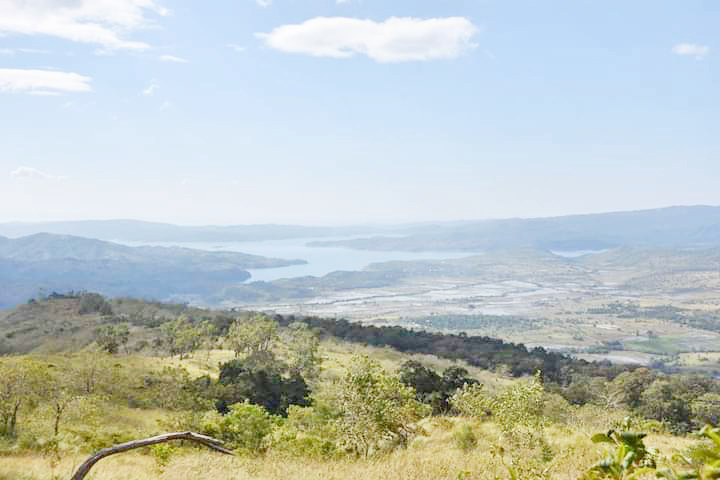CITY OF SAN FERNANDO, Pampanga — After regreening 44,000 hectares of the Pantabangan-Carranglan Watershed over a 10-year period, 35 people’s organizations are again being tapped to rehabilitate another 14,000 hectares of the forest during the extension of the project.
The Department of Environment and Natural Resources and the Japan International Cooperation Agency initiated the turnover of the site development areas established under their Forestland Management Project to the 35 POs.
“Our partner people’s organizations have been crucial in the greening of the more than 44,000-hectare Pantabangan-Carranglan Watershed Forest Reserve. This turnover is a way of showing our appreciation for their reforestation efforts,” DENR regional executive director Ralph Pablo said.
The POs’ role would be more integral in the continued protection, conservation and development of agroforestry and reforestation areas, especially with the conclusion of the 10-year project, Pablo added.
Hand in hand with reforesting the said watershed, various agroforestry facilities are to be established under the FMP, including bridges, access roads, water impounding systems, and irrigation pipelines.
The project would also integrate conservation and development-oriented activities with participation and capacity-building of local communities to rehabilitate degraded forestlands in three critical river basins, namely Upper Magat and Cagayan in Region 2, Upper Pampanga in Region 3, and Jalaur in Iloilo.
The PCWFR is located in the tri-boundary of the provinces of Nueva Ecija, Nueva Vizcaya and Aurora. The protection of the area is enshrined in Republic Act 7586 (as amended by RA 11038) by virtue of Proclamation No. 561 series of 1969.
The watershed serves as the primary source of water for irrigations and hydro-electric power plants in Central Luzon.
FMP is a 10-year DENR-JICA collaborative project started in 2012.
The protected area, which has a total land area of approximately 94,000 hectares, is also a critical sanctuary of various micro and macro-organisms while serving as an important biogeographic link between the Sierra Madre and Cordillera mountain ranges. Brief preliminary studies have identified over a dozen new species across seven genera in the region, including Ardisia kalimbahin, Amorphophallus minimus and a number of orchid genera.
The project seeks to identify accessible, intact sites from which to survey the local flora under the auspices of the relevant authorities, to carry out such surveys, and to use the surveys as platforms to train local botanists in field research techniques.
FMP is a 10-year DENR-JICA collaborative project started in 2012. It aims to strengthen forestland management in three critical river basins through the implementation of collaborative and comprehensive community-based forest management strategies.
The objectives of the FMP are the rehabilitation of degraded forestlands in three critical river basins, improvement of forest conservation and socio-economic conditions of affected communities, enhancement of disaster risk mitigation efforts in vulnerable areas, strengthening of forestland management through community-based strategies.
The strategies include empowering POs, securing land tenure rights, enterprise development for food security and income, and development, conservation, protection and sustainable use of forestland resources.
The components of the FMP are: survey, mapping and planning; community organizing; site development; agro-forestry support facilities; policy initiatives for watershed; monitoring and evaluation; project management; and consulting services.
The FMP aims to award of land tenure instruments; rehabilitate 65,000 hectares of degraded forestlands; complete all units of agro-forestry facilities; apply conservation measures to 5,800 hectares; and strengthen the operations of watershed management council or protected areas management board.
